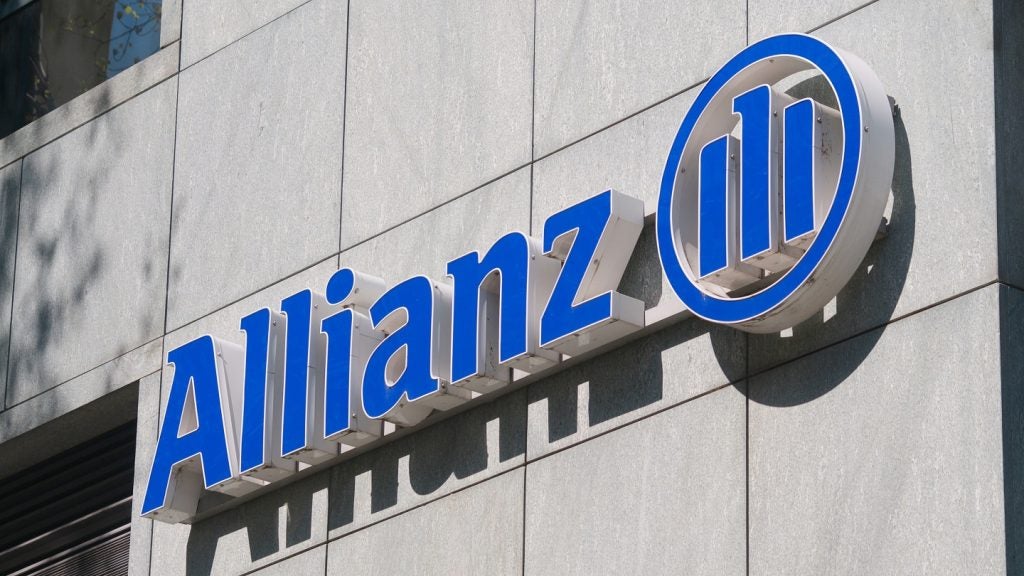The European Insurance and
Occupational Pensions Authority’s (EIOPA) review of the
Institutions for Occupational Retirement Provision Directive aimed
at making defined benefit (DB) pension funds subject to Solvency II
capital requirements is meeting powerful opposition in the
UK.
Spearheading opposition is
the UK government’s pensions minister Steve Webb. In a recent
speech he made it clear the UK would not accept a change of this
nature, warning it would cost companies sponsoring DB funds £100bn
($160bn) and lead to widespread fund closures.
Webb’s figure would appear to
be an underestimate. JP Morgan Asset Management estimates Solvency
II regulation would cost DB fund sponsors £600bn; and JLT Pension
Capital Strategies has put forward a staggering figure of
£1trn.
Raj Mody, head of
PricewaterhouseCoopers’ UK pensions group, said: “While attempting
to improve pension scheme security, these new rules could actually
kill off occupational pension schemes altogether.
“We estimate the cost on UK
business would be in the range of £250bn to £500bn. In terms of the
impact on the UK economy, this is like wiping out a quarter of the
FTSE100.”
Mody added that the extra
costs for companies would ultimately be borne by individual savers,
who would see less generous pensions, whether DB or defined
contribution.
How well do you really know your competitors?
Access the most comprehensive Company Profiles on the market, powered by GlobalData. Save hours of research. Gain competitive edge.

Thank you!
Your download email will arrive shortly
Not ready to buy yet? Download a free sample
We are confident about the unique quality of our Company Profiles. However, we want you to make the most beneficial decision for your business, so we offer a free sample that you can download by submitting the below form
By GlobalData“The [EIOPA] plans would
therefore work against the initiatives the UK government is
planning to encourage long-term saving,” he stressed.
Also throwing its weight
behind opposition to the EIOPA move is the UK’s National
Association of Pension Funds (NAPF).
“Solvency II type rules would
not only put additional pressure on companies struggling for
survival, but would also force them to divert money away from
investment and new jobs,” said NAPF CEO Joanne Segars.
She added: “The UK pension
system already provides a strong system of member protection
through the employer covenant, the work of The Pensions Regulator,
and the safety net provided by the Pension Protection Fund. We do
not need new solvency rules for pensions.”
Insinuating the European
Union (EU) has more important other issues to deal with, Segars
added: “Any European action on pensions should focus on where it
can add value across EU member states.
“The EU should concentrate on improving outcomes for the
60% of people without access to workplace pensions and on improving
governance and communications. The EU should not try to fix a
problem that does not exist.”







